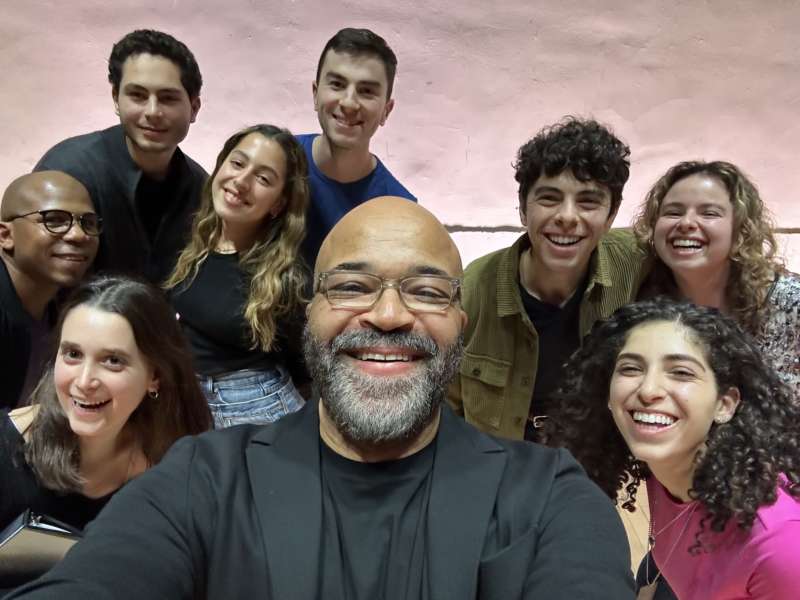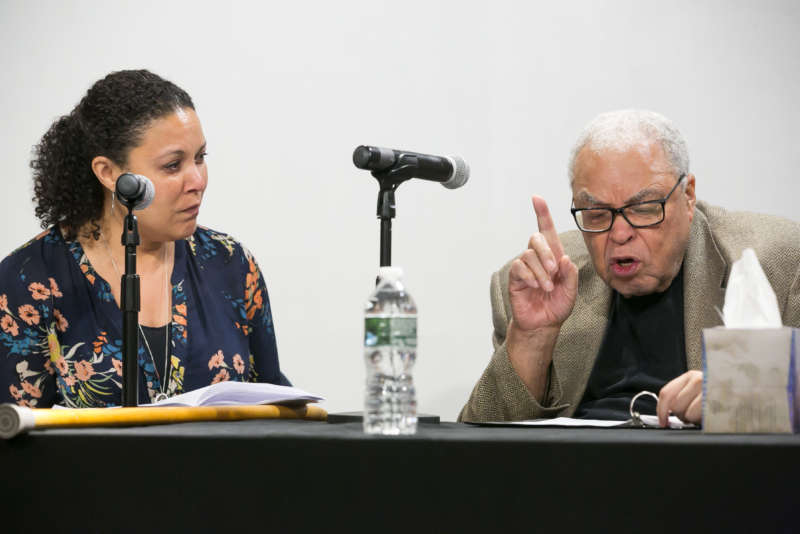Open to Public
Town Hall Seattle
Thu, Oct 27.2016
About the plays
-
Ajax by Sophocles
Sophocles’ Ajax tells the story of a fierce warrior who is passed over for recognition by his command after losing his cousin Achilles in battle during the Trojan War. Feeling betrayed, Ajax attempts to murder his superior officers, fails, and—ultimately—takes his own life. The play tells the story of the events leading up to Ajax’ suicide, as well as the story of his wife and troops’ attempt to intervene before it's too late. The play also depicts the devastating impact of Ajax’ suicide upon his wife, son, brother, troops, and chain of command.
-
Philoctetes by Sophocles
Sophocles’ Philoctetes tells the story of decorated warrior who is abandoned on a deserted island because of mysterious chronic illness that he contracts on the way to the Trojan War. Nine years later, the Greeks learn from an oracle that in order to win the war they must rescue him from the island. When they finally come for him, the wounded warrior must overcome nine long years of festering resentment and shame in order to accept help from the very men who betrayed him.
Explore Projects
-
 War & Mental HealthTheater of War: Hector, Andromache, and the Death of Astyanax
War & Mental HealthTheater of War: Hector, Andromache, and the Death of AstyanaxTheater of War: Hector, Andromache, and the Death of Astyanax presents live, dramatic readings of selections from Homer’s Iliad, Book VI and scenes from The Trojan Women by Euripides—featuring acclaimed actors and a Chorus of students, from a variety of backgrounds, whose lives have been impacted by war—to help frame powerful, healing dialogue about the human cost of war, centered on the suffering of children and civilians. The project uses ancient texts that explore and depict the dehumanization of war to create a vocabulary for openly discussing challenging and divisive subjects, with the aim of generating compassion, empathy, moral repair, understanding, and positive action.
-
 Political ViolenceActs of Violence
Political ViolenceActs of ViolenceActs of Violence presents scenes from Seneca's Thyestes, a Roman tragedy that was written during the gruesome reign of Nero, as a catalyst for town hall discussions about the impact of political violence upon individuals, families, caregivers, health and human rights advocates, communities, and nations.
-
 Caregiving & DeathKing Lear Project
Caregiving & DeathKing Lear ProjectThe King Lear Project presents streamlined readings of scenes from Shakespeare’s King Lear to engage diverse audiences—including older adults, caregivers, and family members—in open, healing, constructive, discussions about the challenges of aging, dementia, and caring for friends and loved ones.